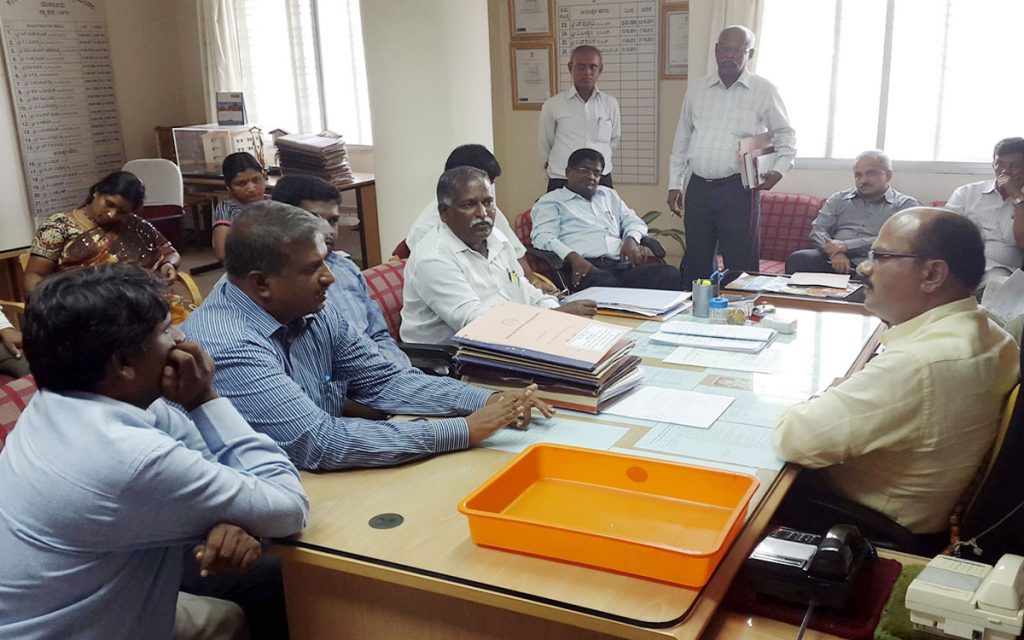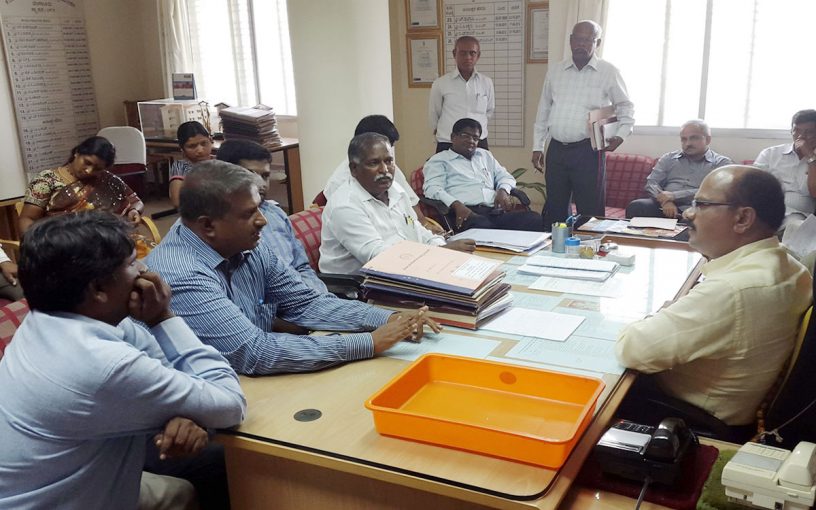
India witnesses a massive crisis in housing with 95.62% (2012) of this shortfall felt by economically weaker sections and low income groups. Yet we do not see these groups mobilising together to force the government to respond to their needs. In cities such as Mumbai where the majority of the population lives in poor housing, we still do not see a mass mobilisation or social movement to push the government into action. Why don’t the urban poor come together when social movements have proved effective in enabling change in policies? This piece answers this question, drawing from a longitudinal ethnography of struggles for rehabilitation housing in Bangalore.
Author
Kaveri Ishwar Haritas, Associate Professor & Assistant Dean, Jindal School of Government and Public Policy, OP. Jindal Global University, Sonipat, Haryana, India.
Summary
Sociologists and anthropologists have examined struggles of the landless poor. A good part of this concerns the urban poor, perhaps because the dearth of housing is most acute in urban areas. This vibrant and rich research has detailed how the poor survive on land they do not own, and over time gain security of tenure, construct their own housing and economic enterprises, claim citizenship rights, access services and gather political support to ensure they are not evicted. A good part of this work details the struggles and mobilisations of the urban poor, often drawing on specific cases of slum dwellers and we rarely find struggles that go beyond the confines of a particular settlement. This article unpacks the phenomenon of fragmented urban poor struggles drawing from a longitudinal ethnography of a network of urban poor organisations in Karnataka, which was founded to build solidarity amongst poor groups.
The Slum Janandolana (mass movement) network
Urban poor struggles have a long history in Karnataka, with deep roots in a vibrant and dynamic Dalit movement. This piece examines a part of this struggle, focusing on the Slum Janandolana, a network of urban poor organisations founded in 1988 by Y.J. Rajendra, a faculty of St. Joseph’s College Bangalore in partnership with JanaSahayog, an NGO working on urban poor issues in Bangalore. The Slum Janandolana network was constructed as an alternative to ‘machine politics’, or what is commonly referred to as vote bank politics in the Indian context, as it ensured the dependence of the poor on political representatives who exploited vote banks and did little to benefit the poor. The objective was to create a network of urban poor organisations that would be located outside the space of the NGO in which organisations could support each other and form a unified front, to negotiate with the state. The network brought together existing urban poor organisations, many of them Dalit organisations, and encouraged Dalit youth to form new organisations that were initially funded by the JanaSahayog. This piece examines one such, the ‘Slum Janara Kriya Vedike’ (SJKV), which works with urban poor groups in Bangalore and also has a Dalit identity calling itself the ‘Dalit Samara Sene’.
Published in: India Housing Report
To read the full article, please click here


